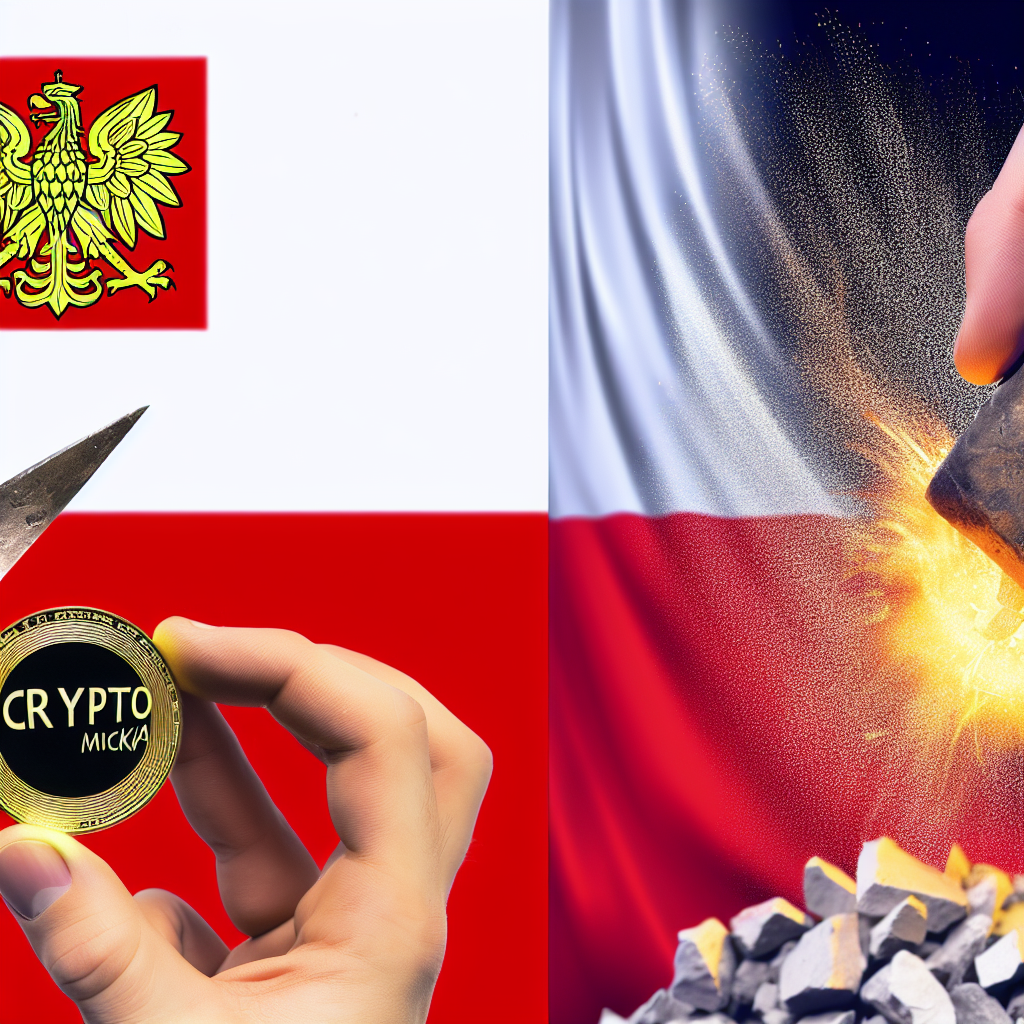Polish legislators have endorsed a bill aimed at regulating the crypto asset market, which includes major restrictions and the establishment of a specialized supervisory body.
Last Friday, Poland’s Sejm, the lower house of parliament, approved the new Crypto-Asset Market Act, forwarding the bill to the Senate for further examination.
Bill 1424, which has not yet accounted for the recent third-reading vote in the Sejm, sets up a licensing framework for crypto asset service providers (CASPs), ensuring that Poland’s laws align with the European Union’s Markets in Crypto-Assets Regulation (MiCA) framework.
The bill’s approval has ignited a vigorous response from the local community regarding its stringent clauses, which impose criminal liability for infractions, including penalties of up to 10 million Polish zlotys ($2.8 million) and possible imprisonment for up to two years.
Key bill provisions
The legislation designates the Komisja Nadzoru Finansowego (KNF), the Polish financial supervision authority, as the primary regulator overseeing the crypto asset market in the country.
Under this law, all CASPs—comprising exchanges, issuers, and custody providers, both domestic and international—must secure a license from the KNF to operate legally in Poland.
To obtain a license, CASPs must provide an exhaustive application detailing their corporate structure, capital sufficiency, internal controls, compliance systems, risk management policies, and Anti-Money Laundering (AML) measures.
Should the bill be enacted, CASPs in Poland will be allotted a six-month transition phase to secure the necessary license. Non-compliance could lead to halted operations and legal repercussions.
Bill would “destroy” Poland’s crypto market, critics warn
Janusz Kowalski, a Sejm member from the opposition Law and Justice (PiS) party, condemned the implementation of the EU’s MiCA regulations in Poland as excessively stringent, cautioning that it could threaten the country’s burgeoning crypto market and its three million crypto enthusiasts.
“This is the most extensive and stringent cryptocurrency legislation in the EU,” Kowalski remarked on X after the bill successfully passed its second reading last Wednesday.
Related: MiCA under pressure as national regulators challenge passporting
He pointed out the law’s excessive length, labeling it “118 pages of overregulation,” in contrast to considerably shorter crypto regulations in Germany, the Czech Republic, and other EU nations.
“Slowest regulator in the EU”
Tomasz Mentzen, a Polish politician and blockchain supporter, underscored the obstacles posed by the implementation of the new crypto regulations within Poland’s protracted regulatory landscape.
“The KNF is the slowest regulator in the EU, taking an average of 30 months to process applications,” he stated on X last Wednesday.
According to Mentzen, the Sejm’s endorsement of the bill—supported by votes from members such as Krystyna Skowrońska—indicates a likely “destruction of blockchain and stablecoins” in Poland.
He urged the Senate and President Karol Nawrocki to intervene and veto the legislation to protect Poland’s crypto ecosystem.
Poland’s president pledged to support crypto
Mentzen’s brother, Sławomir Mentzen, was among the presidential candidates in Poland who promised to create a Bitcoin (BTC) reserve if he wins the 2025 elections. In the first round on May 18, 2025, he ranked third with 14.8% of the total vote, behind Rafał Trzaskowski and Nawrocki.
In the runoff on June 1, Nawrocki secured the presidency with 50.9% of the vote. Days before the election, he committed to supporting crypto and combating “tyrannical regulations” that limit freedom and innovation.
“In Poland, innovations must emerge, not regulations. As President of the Republic of Poland, I will be the guarantor that tyrannical regulations restricting your freedom do not come to pass,” Nawrocki proclaimed on X on May 28.
Magazine: ETH co-founder moves $6M of ETH, crypto index ETF expands: Hodler’s Digest, Sept. 21 – 27

